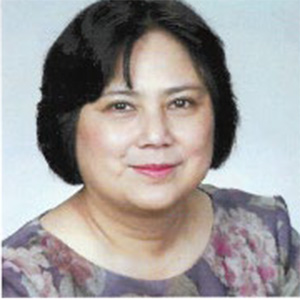Remaining in the scientific workforce after time off for caregiving
This webinar focuses on NIH programs designed to support re-entry and retention in the scientific workforce after caregiving breaks: the Administrative Supplement to Promote Research Continuity and Retention of NIH Mentored Career Development (K) Award Recipients and Scholars, Administrative Supplement for Continuity of Biomedical and Behavioral Research Among First-Time Recipients of NIH Research Project Grant Awards and Reentry, Reintegration into, and Retraining Supplements.
- Read a recent ASBMB Today article about these programs: Helping you get back to work.
- Download a brochure from the NIH Office of Research on Women's Health: Supporting Research Careers: Opportunities and Initiatives
The webinar features researchers who have benefited from these programs sharing their stories and highlighting the programs' impact. The webinar included a presentation, followed by talks from each of our guests, and concluded with a Q&A session.
This event is sponsored by the ASBMB Women in Biochemistry and Molecular Biology Committee.
Speakers

Katie C. Coate
Assistant Professor, Vanderbilt University

Lewina Lee
Associate Professor, Boston University Chobanian & Avedisian School of Medicine

Xenia T. Tigno
Associate Director for Careers, National Institutes of Health Office of Research on Women's Health

Sudha Sharma, moderator
Professor, Howard University
Who should watch
- Early-career and midcareer biochemistry and molecular biology professionals.
- Senior faculty and managers serving in mentoring roles.
Learning objectives
- Gain a comprehensive understanding of NIH programs designed to support re-entry and retention in the scientific workforce after caregiving breaks.
- Learn about the real-world impact of NIH re-entry programs through personal stories and experiences shared by awardees, illustrating the effectiveness and benefits of these initiatives.
- Identify practical strategies and resources provided by the NIH to support scientists returning to their careers after caregiving breaks.
- Other initiative and funding opportunities from the ORWH that are of interest to early-career and midcareer scientists.
